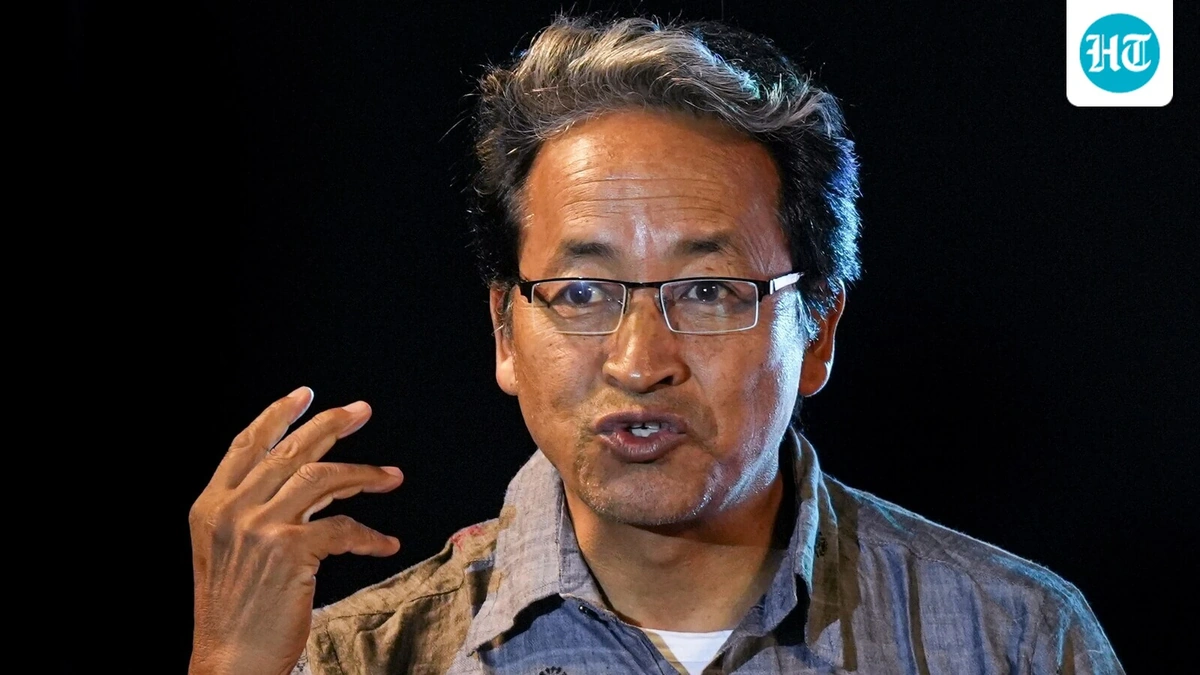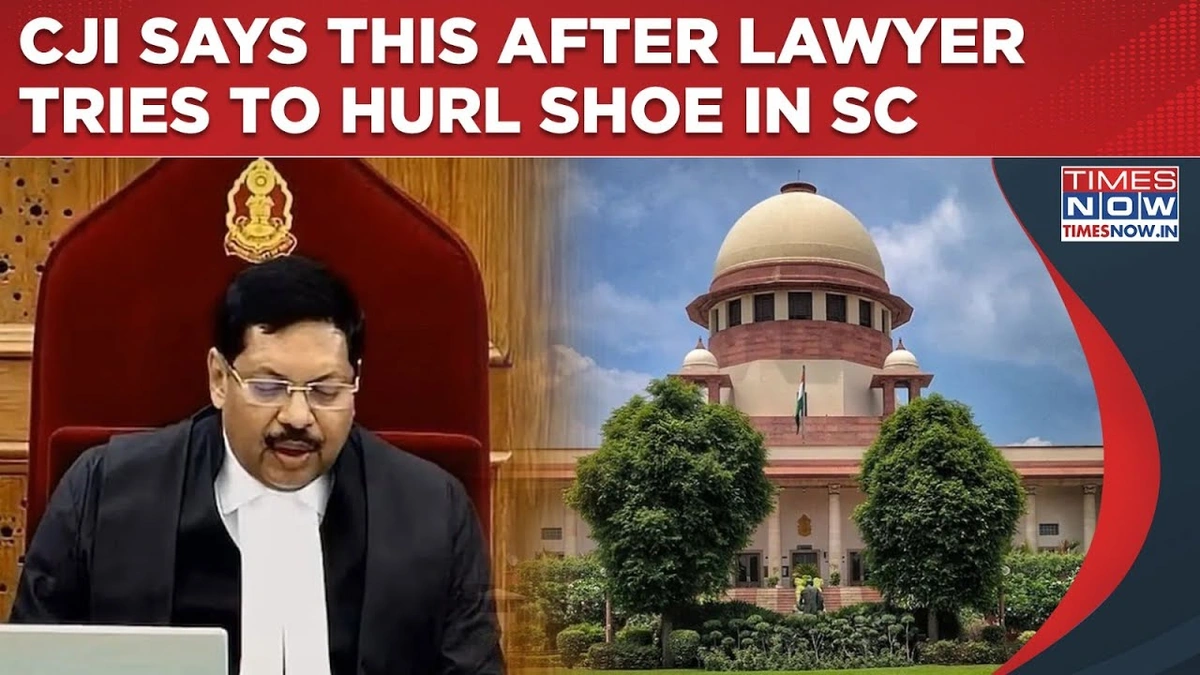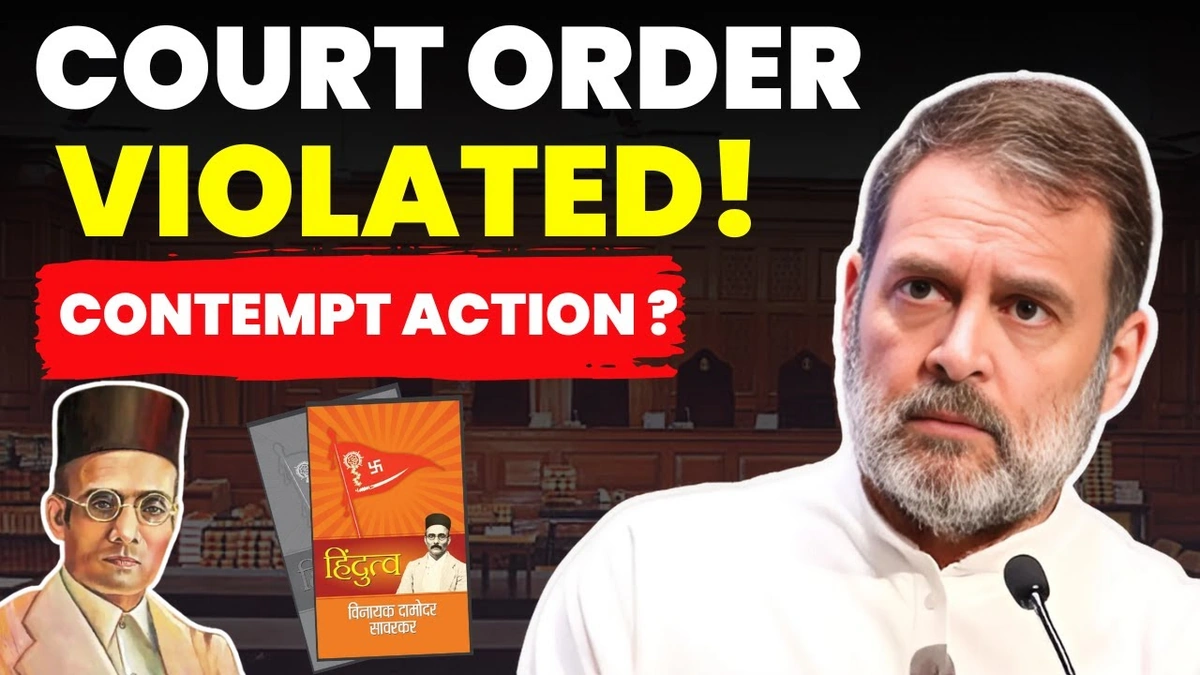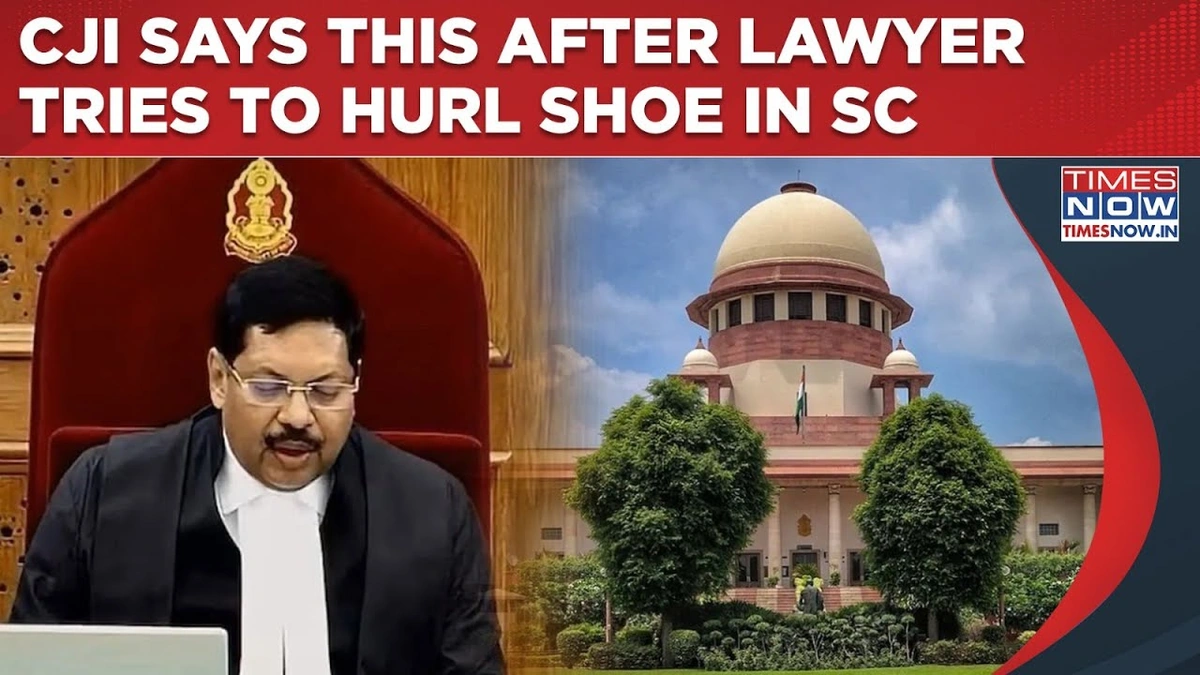Supreme Court Addresses Centre, Ladakh Admin on Sonam Wangchuk’s NSA Detention
Alright, let’s dive into this. The Supreme Court getting involved in Sonam Wangchuk’s detention – it’s not just another news headline, is it? It’s a potential inflection point, a moment where fundamental rights and environmental activism collide. It’s far more than just a legal procedure; it’s about the delicate balance between national security concerns and the right to dissent in a democracy, especially concerning ecologically sensitive regions like Ladakh. What fascinates me is what this intervention really means.
Why the Supreme Court’s Intervention Matters in Sonam Wangchuk Case
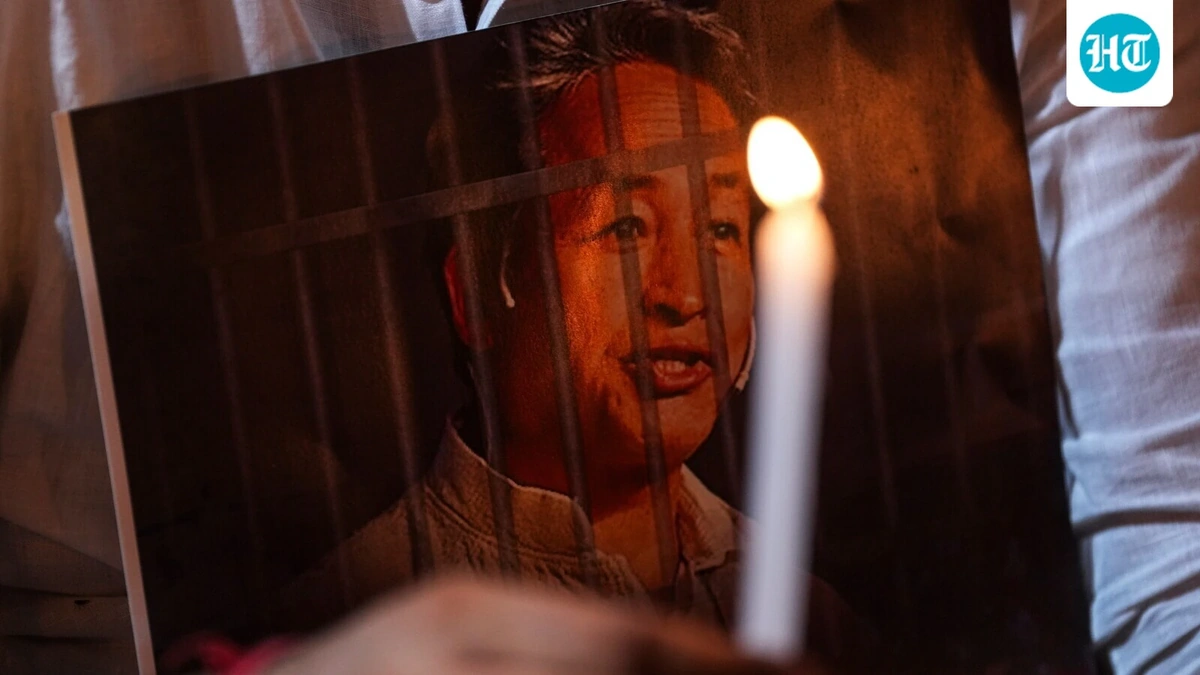
Here’s the thing: When the Supreme Court takes notice, everyone sits up straight. But why does this particular case warrant their attention? The answer lies in the potential overreach of the National Security Act (NSA). The NSA is meant for genuine threats to national security – think terrorism, espionage. Using it against someone like Sonam Wangchuk , known globally for his environmental and educational work (and whose work partly inspired 3 Idiots ) , raises serious questions. Is this a legitimate application of the law, or is it a tool to stifle dissent? That’s the core question the Supreme Court is likely probing.
And, honestly, the optics aren’t great. Detaining a well-respected figure can fuel unrest and create the impression that the government is trying to silence voices critical of its policies in Ladakh. Now, it’s crucial to remember that the Supreme Court isn’t immediately siding with Wangchuk; it’s investigating whether due process was followed and whether the detention was justified under the law. This is about holding the government accountable, ensuring they don’t wield extraordinary powers without proper oversight.
Ladakh’s Fragile Ecosystem | A Central Theme in Wangchuk’s Activism
Sonam Wangchuk’s activism isn’t some abstract political grandstanding. It’s deeply rooted in the realities of Ladakh. This high-altitude desert is incredibly vulnerable to climate change. Glaciers are melting, water resources are dwindling, and traditional ways of life are under threat. Wangchuk has consistently advocated for sustainable development, promoting technologies and practices that can help Ladakh adapt to these challenges. His famous ice stupas, for instance, are a brilliant example of low-tech solutions for water conservation.
But, and this is a big but, his advocacy sometimes clashes with government policies. Development projects, infrastructure plans, and even tourism initiatives can have significant environmental impacts. When Wangchuk speaks out against these, he inevitably ruffles feathers. Is this detention, in any way, connected to his ecological warnings? The Supreme Court is likely to consider if the government is muzzling a crucial voice in the environmental debate. It’s a balancing act – national security vs. environmental concerns, and individual freedom vs. the needs of the state.
Deciphering the Legal Jargon | What Does ‘Habeas Corpus’ Actually Mean?
You’ll often hear the term ‘habeas corpus’ thrown around in cases like this. Let’s be honest; it sounds intimidating. But it’s actually pretty straightforward. It’s a legal writ – basically, a court order – demanding that a person being detained be brought before a judge. The authorities then have to explain why they’re holding that person. It’s a fundamental safeguard against unlawful imprisonment. So, when the Supreme Court is dealing with Wangchuk’s detention , they are essentially examining whether his detention meets the legal test. Was there sufficient cause to detain him under the NSA? Were his rights properly protected? This process is designed to prevent abuse of power and ensure that no one is locked up without a valid reason. Check this out for another news.
It’s not just about Wangchuk. If the court finds that the detention was unlawful, it sets a precedent. It sends a clear message that the government can’t use the NSA to silence dissent or suppress legitimate environmental concerns. This is where the broader implications come into play – affecting not just Ladakh, but potentially other regions where environmental activism and development policies collide.
The Road Ahead | Possible Outcomes and Their Impact on Ladakh
So, what happens next? The Supreme Court will likely examine the evidence presented by both sides – the government and Wangchuk’s legal team. They’ll assess whether the detention was justified, proportionate, and in compliance with the law. There are several possible outcomes. The court could uphold the detention if they find there were legitimate security concerns. They could order Wangchuk’s release if they believe his detention was unlawful. Or, they could direct the government to modify the terms of his detention, perhaps easing some of the restrictions imposed on him. It’s worth keeping an eye on the official Supreme Court website for updates on the case’s proceedings.
Whatever the outcome, this case will have a lasting impact on Ladakh. It will shape the relationship between the government and civil society, influencing how dissent is handled and how environmental concerns are addressed. It’s a pivotal moment that could either strengthen democratic principles or set a chilling precedent for the suppression of dissenting voices. This entire situation also brings up issues of freedom of speech and government overreach .
National Security Act (NSA) : A Double-Edged Sword
The NSA is a powerful tool, no doubt. Designed to safeguard the nation from serious threats. But, like any powerful tool, it can be misused. The key lies in its application. When used judiciously, it can be effective in preventing genuine threats. When used excessively or inappropriately, it can erode civil liberties and undermine public trust. This is why judicial oversight is so crucial. The courts act as a check on executive power, ensuring that the NSA isn’t used as a weapon against dissent or legitimate activism. The debate around NSA criticism is not new, and this case brings it back into the spotlight.
Let me rephrase that for clarity – it’s about checks and balances. It’s about ensuring that the government’s power to protect national security doesn’t come at the expense of fundamental freedoms. This case is a reminder that even in the face of security concerns, the principles of justice and due process must prevail. The hope is that the Supreme Court’s intervention will lead to a more transparent and accountable approach to national security, one that respects both the rights of individuals and the needs of the state. For an interesting read, click here. This also leads to discussions on Ladakh’s political climate .
FAQ Section
Frequently Asked Questions
What exactly is the National Security Act (NSA)?
The National Security Act (NSA) is an Indian law that allows preventive detention for individuals who pose a threat to national security or public order.
Why was Sonam Wangchuk detained under the NSA?
The specific reasons for Sonam Wangchuk’s detention under the NSA haven’t been fully disclosed. The Supreme Court is reviewing the justification for his detention.
What is the Supreme Court’s role in this case?
The Supreme Court is examining whether Wangchuk’s detention was lawful and whether his fundamental rights were violated.
What are the possible outcomes of the Supreme Court’s intervention?
The Supreme Court could uphold the detention, order Wangchuk’s release, or direct the government to modify the terms of his detention.
How does this case affect the people of Ladakh?
This case raises important questions about freedom of speech, environmental activism, and the balance between national security and individual rights in Ladakh.
Where can I find updates on this case?
You can find updates on the case on the official Supreme Court website and through reputable news sources.
The real story isn’t just about a single detention. It’s about the larger questions of how a nation balances security concerns with civil liberties, especially when environmental activism challenges established power structures. That’s the conversation India needs to have.
